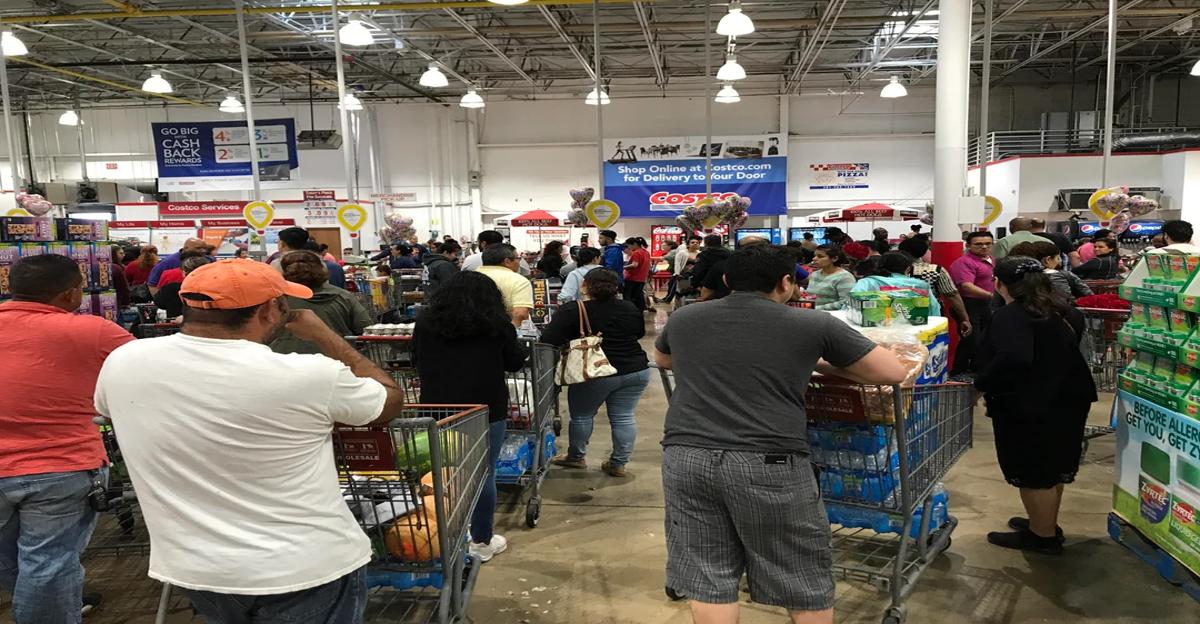
Inflation on everyday items like food and household products have influenced people to shop smarter. Many shoppers have resorted to buying in bulk at places like Sam’s Club and Costco because of the savings opportunities that exist. This buy-in-bulk mentality seemed to have begun with the pandemic, which prompted people to be more prepared and to never let stocks run low. So what exactly are people buying more of these days? Let’s run through a typical grocery list of items often bought in bulk.
1. Toilet Paper

During the pandemic, we saw toilet paper sales skyrocket with people hoarding multiple packs in fear of not having any whilst in lockdown. Toilet paper is an essential to have and it runs out quickly especially if you live in a large household. It is non-perishable and universally used, plus buying larger packs ultimately means the price per roll is cheaper than buying smaller varieties.
2. Canned Goods
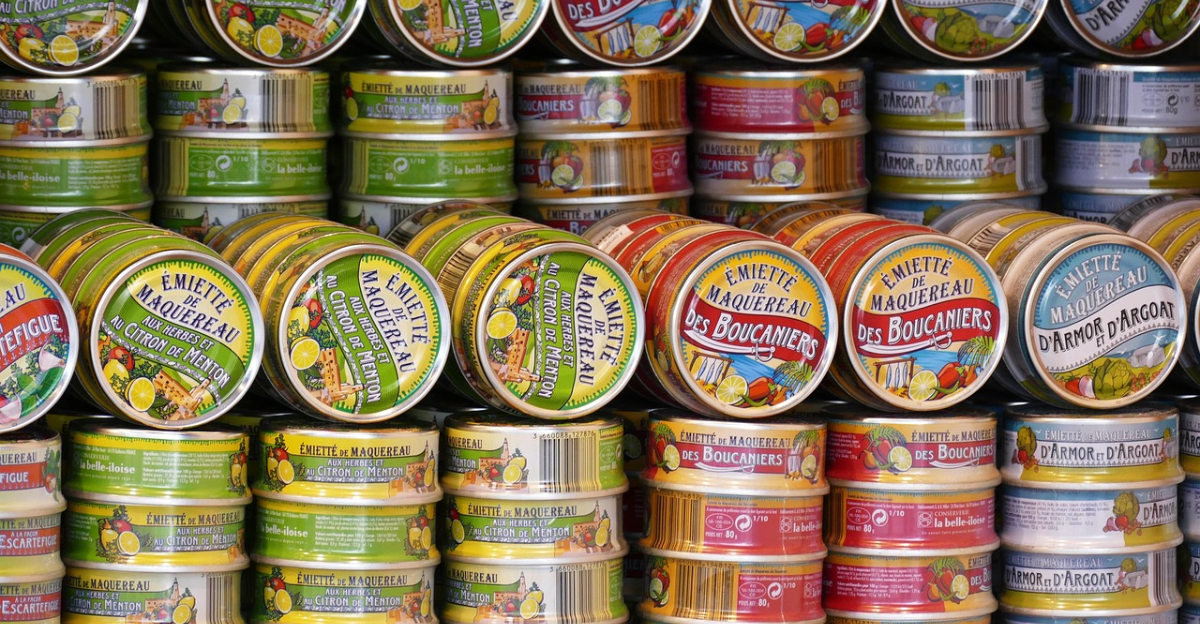
Canned goods are staple kitchen essentials that are good to have in the pantry. They have a longer shelf life and so buying in bulk means you can keep your stock filled without having to worry about finishing it up before expiry. Canned goods are helpful for preparing quick meals in a hurry or for when price spikes make fresh food out of your budget.
3. Rice & Pasta
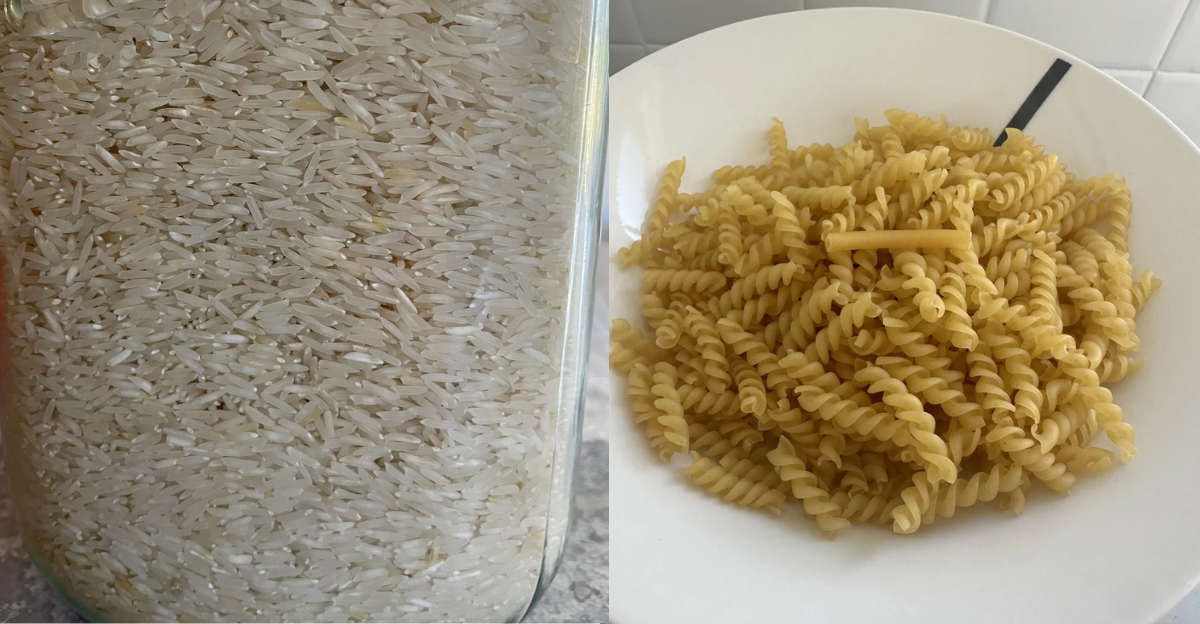
Reddit – u/BigSadOof (right)
Rice and pasta are usually cooked in bigger batches. Even a 1 to 2 cup preparation is a significant amount taken from packaging especially if you buy smaller bags. These are dry goods that can be stored for years when stored properly. Buying these in bulk is a huge money saver even if you only occasionally consume either.
4. Dried Beans & Lentils
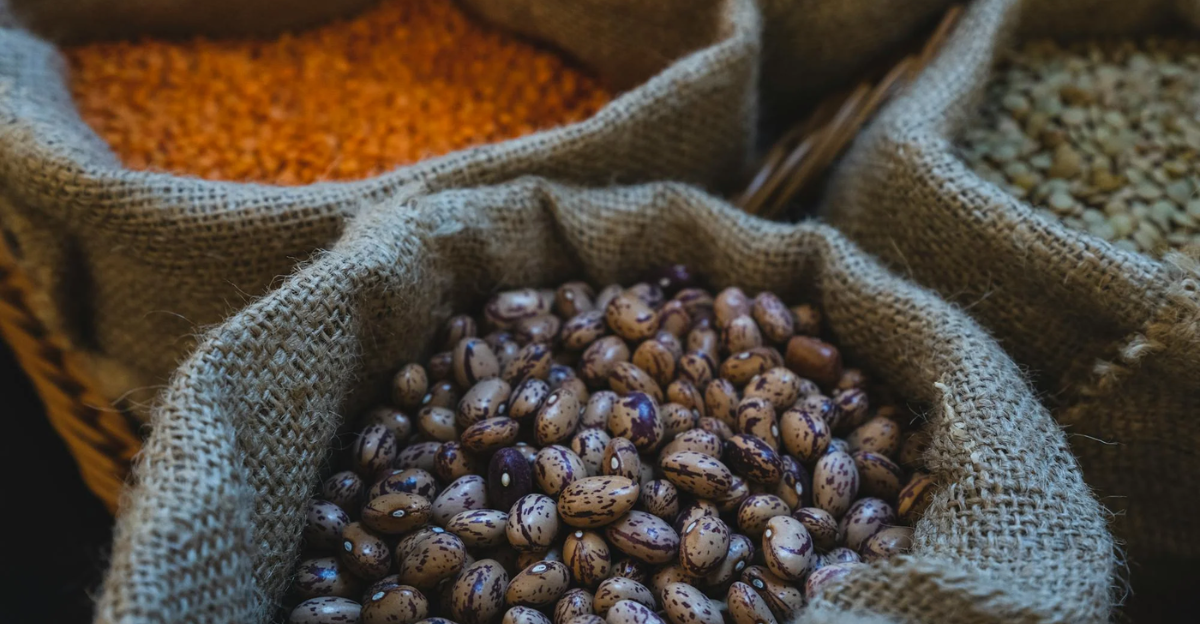
Bulk buying dried beans & lentils have the same concept as rice and pasta. They are good sources of protein, relatively affordable, and have a prolonged stable shelf-life. You can easily control portion sizes and they can be used in a variety of recipes. Having this in stock means you have multiple options for meals which helps save time and money in the long run.
5. Frozen Fruit & Vegetables
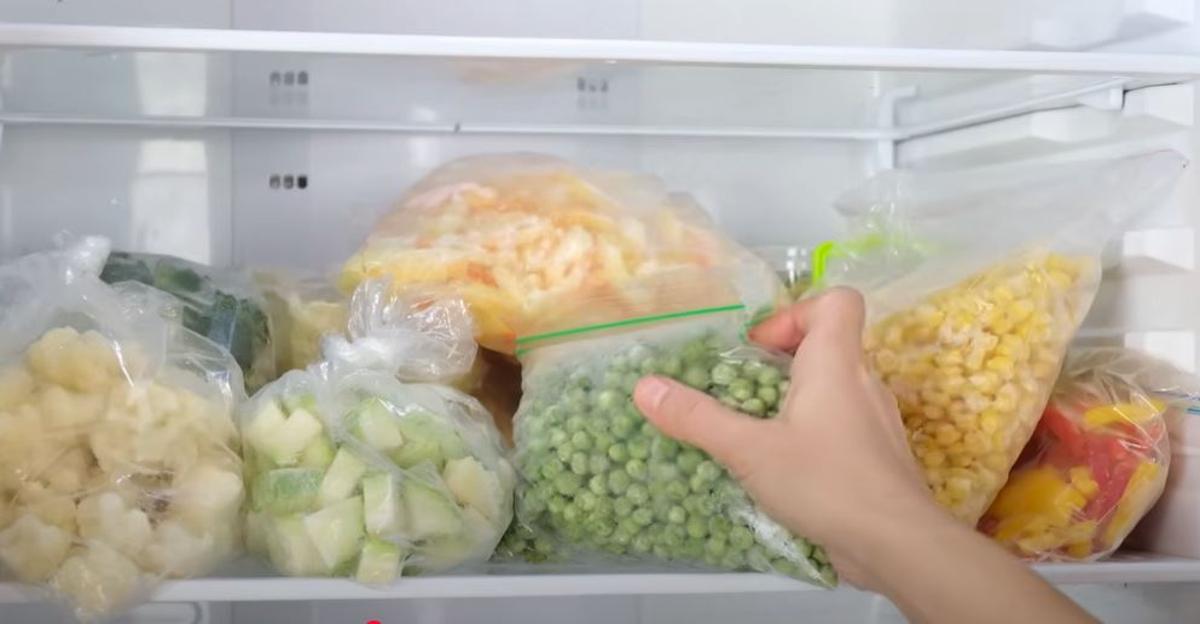
Going to the store for insanely priced fresh fruit and veg is accompanied by additional time and money spent. Contrary to what people might think about frozen goods, fruit and vegetables preserve quite efficiently and still maintain their nutritional properties and flavors well. These produce are frozen at their peak ripeness so you have your greens and natural vitamins ready in the freezer for whenever you feel.
6. Bottled Water
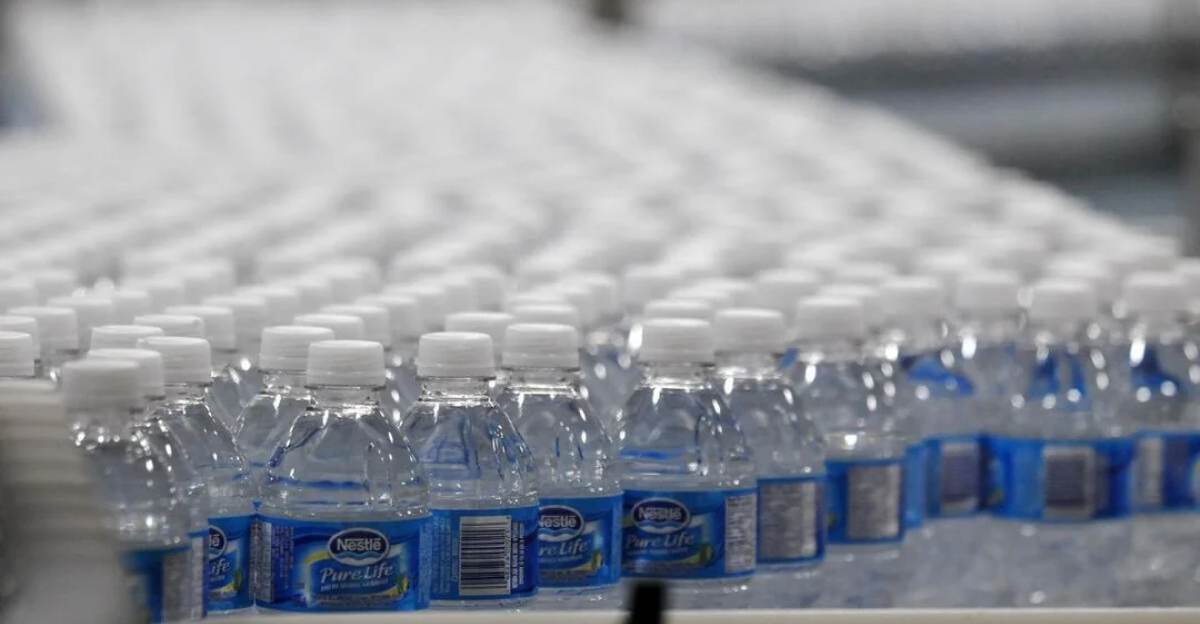
Bottled water is good to have in emergency situations, or for when you need to grab one on-the-go. Some may prefer to purchase bottled waters instead of sourcing their water from the tap which is understandable. Not everyone has access to clean and abundant water supplies. We consume large amounts of water over our lifetimes and so buying larger packs or gallons is not an overestimation at all.
7. Cleaning Supplies
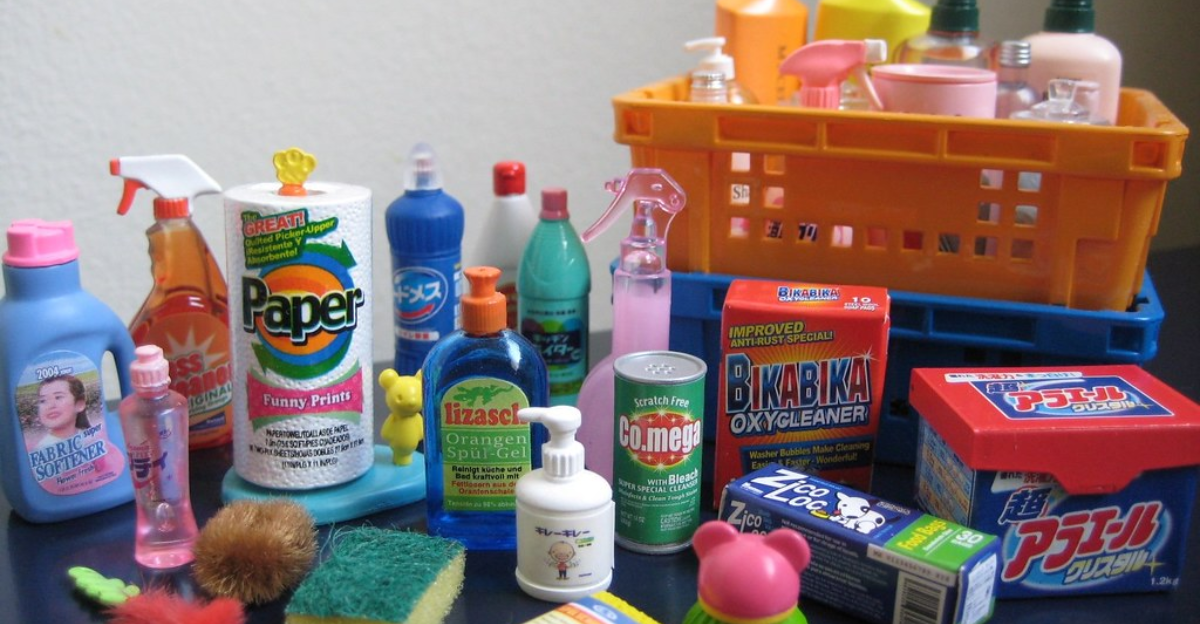
Although most do not go through their supplies as often to require large batches at a time, just having these in your storage to refill small bottles is a wise decision. The prices of refills versus value sizes cost less per use and significantly reduces plastic waste.
8. Baking Essentials
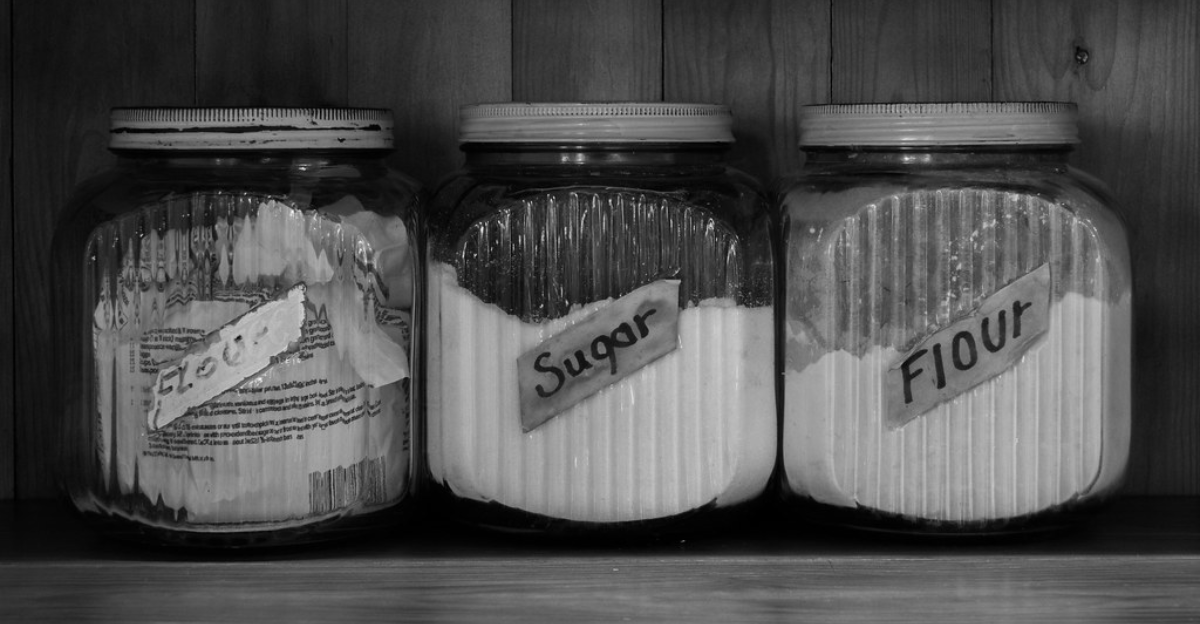
Baking essentials for seasoned bakers tend to run out quickly, requiring regular trips to the store. If you are the type of person who goes through flour, yeast, and sugar supplies fast, then purchasing larger volumes ensures you never run out mid-preparation. These essentials are dry goods and just need to be placed in dry storage.
9. Oral Hygiene Products
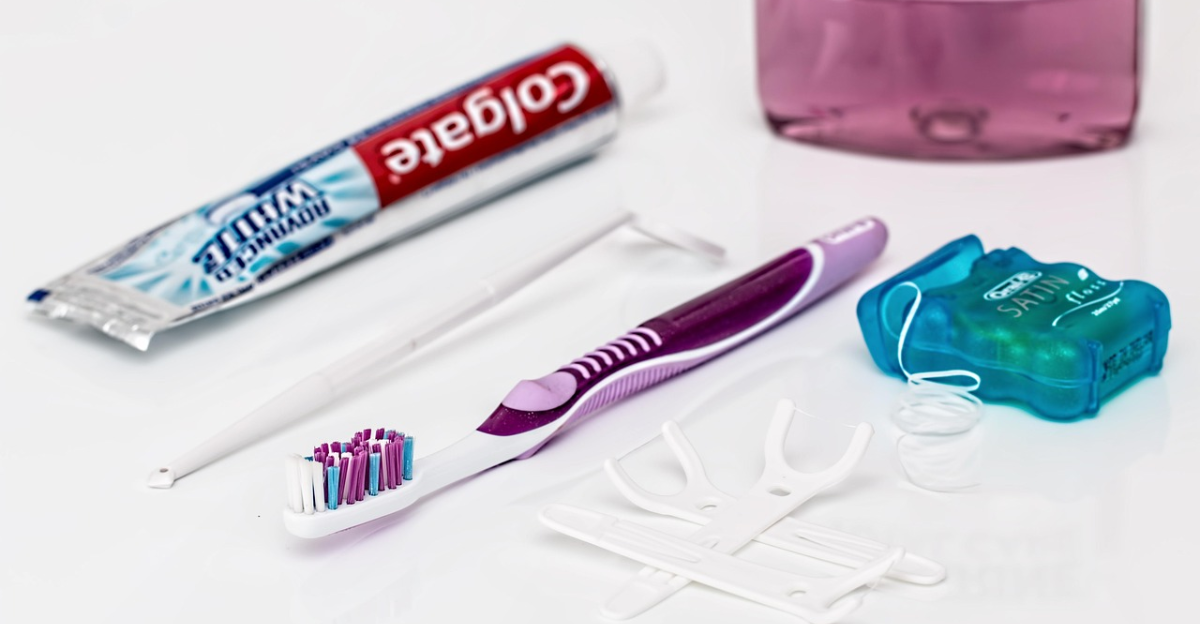
More often than not, you realize you are out of toothpaste at the most inopportune time. You end up straining to squeeze out the very last blob, or even resort to cutting the tube open. Oral hygiene is something we perform everyday multiple times a day which means they are high-volume products. Buying toothpaste, mouthwash, and floss in bulk makes sense because they all have long shelf lives and often cost half the price compared to buying per unit.
10. Shower Essentials
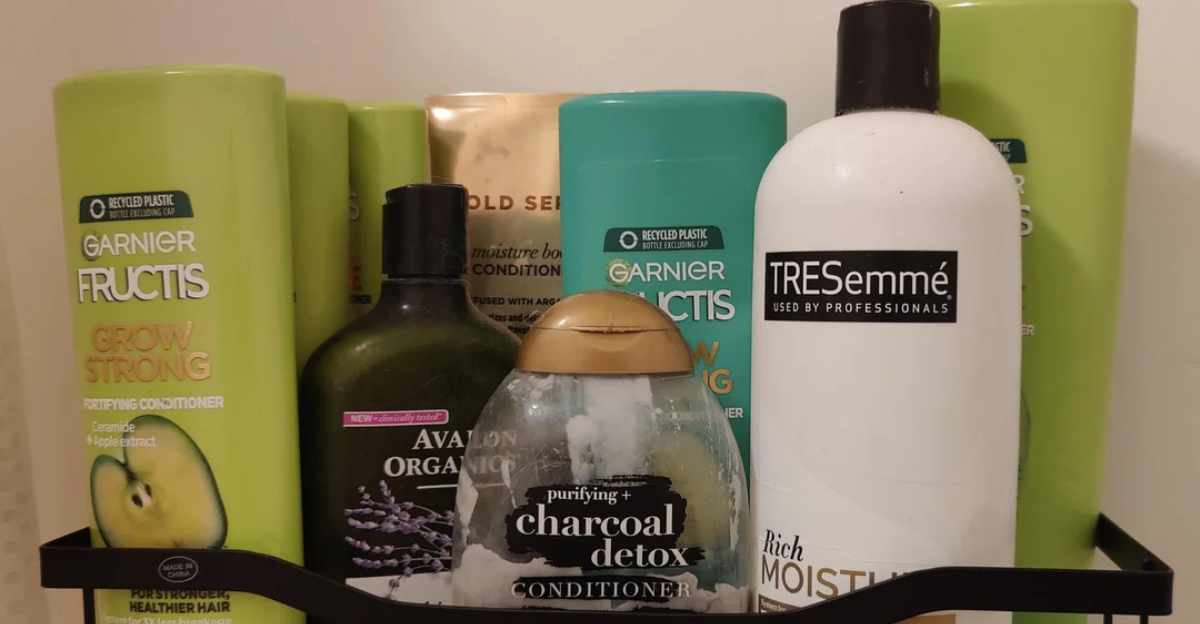
Just like toothpaste, shampoo and conditioner gets used up quickly. Brands sell large sizes that last you a while which makes the per use price cheaper than constantly purchasing smaller bottles. These bigger bottles can also be used to refill travel size containers or multiple dispensers in bathrooms throughout a home.
11. Pet Food & Supplies
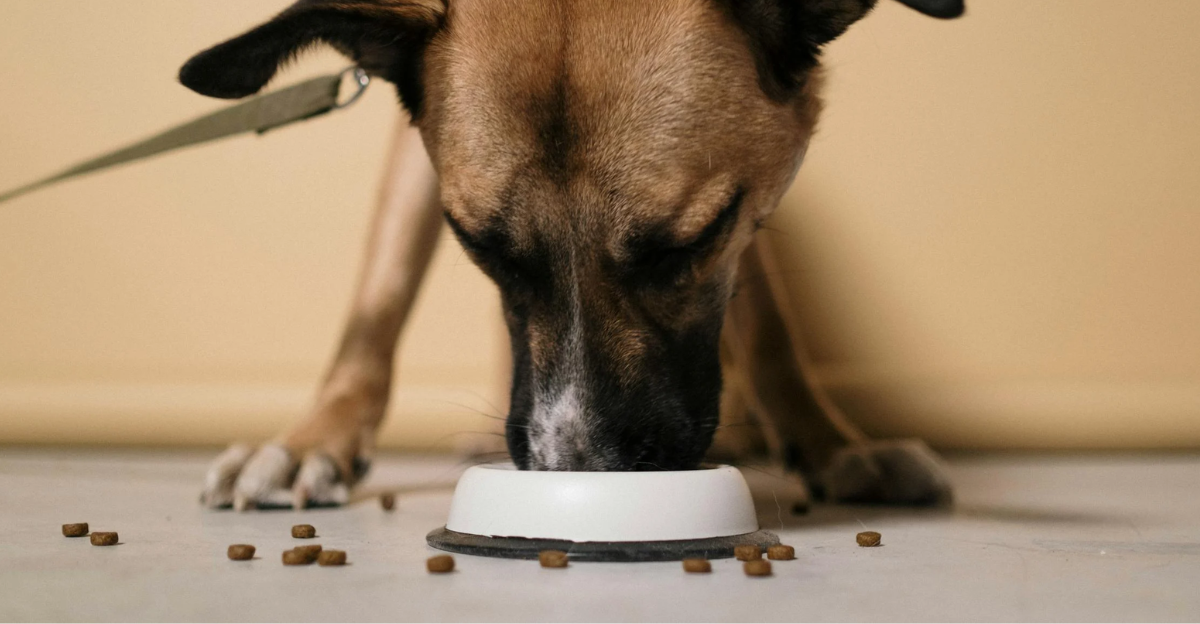
Pets require the same level of maintenance we humans need. They eat as often and sometimes in larger amounts, use hygiene products, and take supplements as well. Most times, it’s beneficial to buy pet food in large bulk bags, which can be dumped into sealed food storage bins to keep it fresher for longer. You’ll find that what it costs per meal is less with larger bulk purchases, especially if you’re in a multi-pet household.
12. Diapers & Baby Wipes
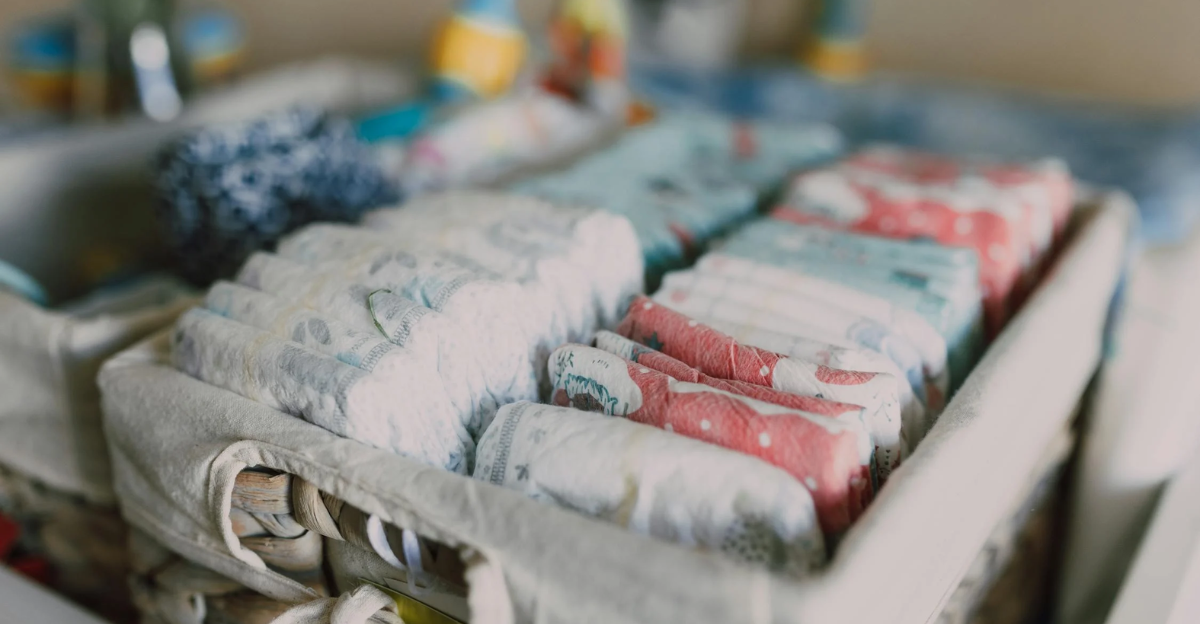
In the first few years of baby life, you find yourself going through more single use baby hygiene products. Things like diapers and wipes are baby essentials but it can get expensive especially when choosing quality brands. Buying by the case effectively halves the cost per unit and ensures you don’t have to go without them until the next grocery run.
13. Over-the-Counter-Meds

Medications such as fever meds, cough meds, and vitamins are good to keep in stock. The unpredictability of your well-being is a good reason to always be prepared. Ibuprofen and allergy meds for example are cheap per dose in larger bottles and when stored properly, unopened bottles may last for years.
14. Powdered Milk
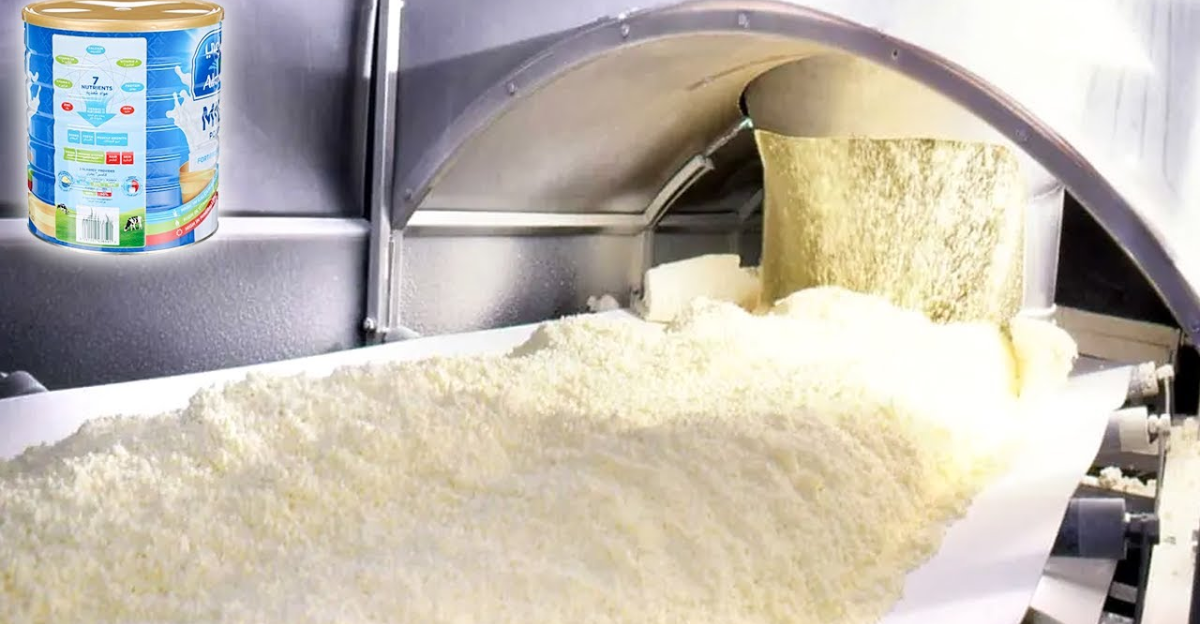
You may like having milk around but find yourself not being able to finish it all up before it goes bad. Keeping some in stock is a nice way to be prepared for when the need arises such as a sudden cereal craving or to put into coffee. Powdered milk is excellent for emergencies and has a long shelf life.
15. Batteries
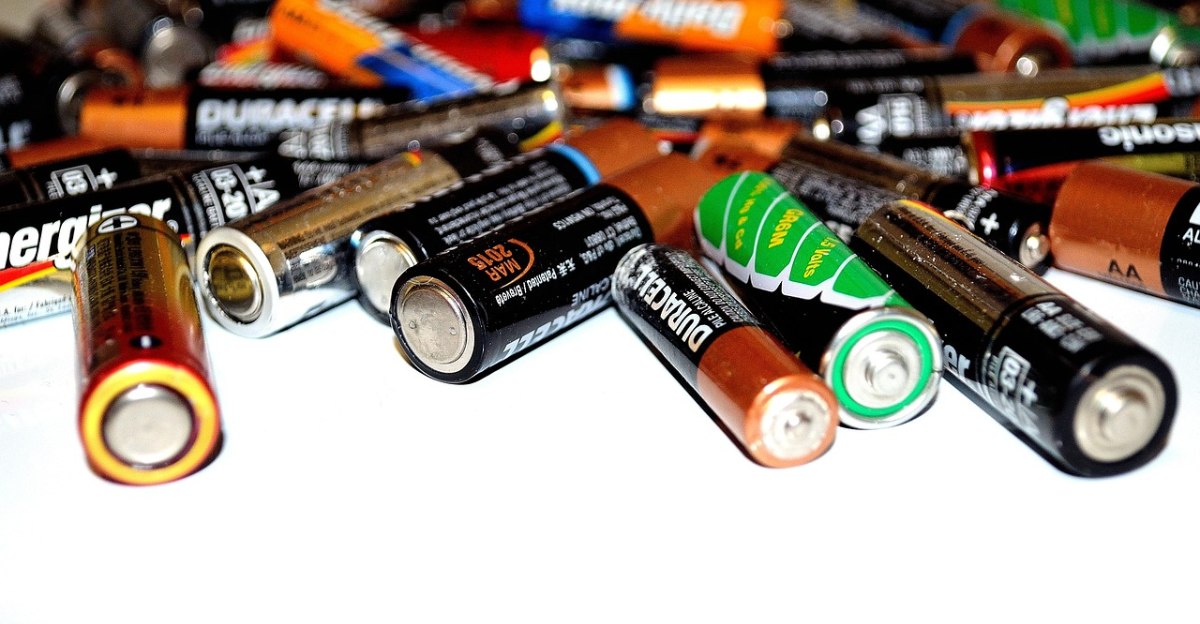
Batteries are expensive and they always seem to die right when you need them. Smaller packs have a high markup while larger packs help you save significantly per battery. When you need batteries it usually requires multiple so buying larger packs is a smart move.
16. Coffee Beans or Grounds
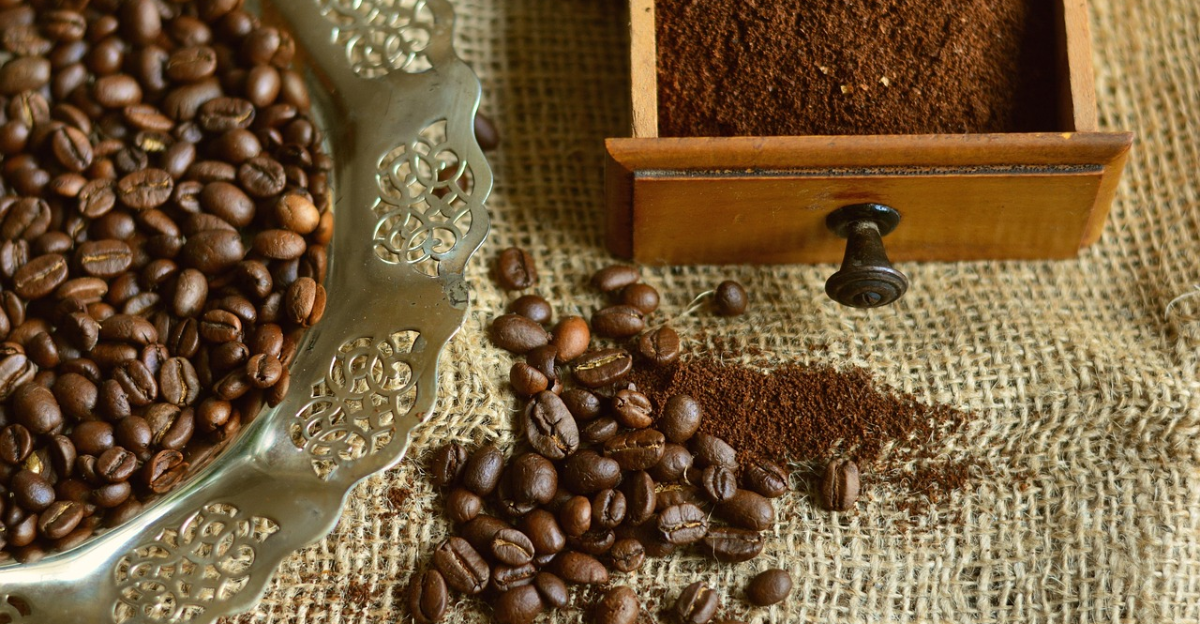
Buying coffee at the shops everyday especially for frequent drinkers gets expensive over time. You can save money and avoid daily purchases by keeping a bag of your favorite coffee and making yourself a cup at home. Since these are dry products, you will be able to make it last longer and always have access to your next coffee fix.
17. Single Use Hygiene Products
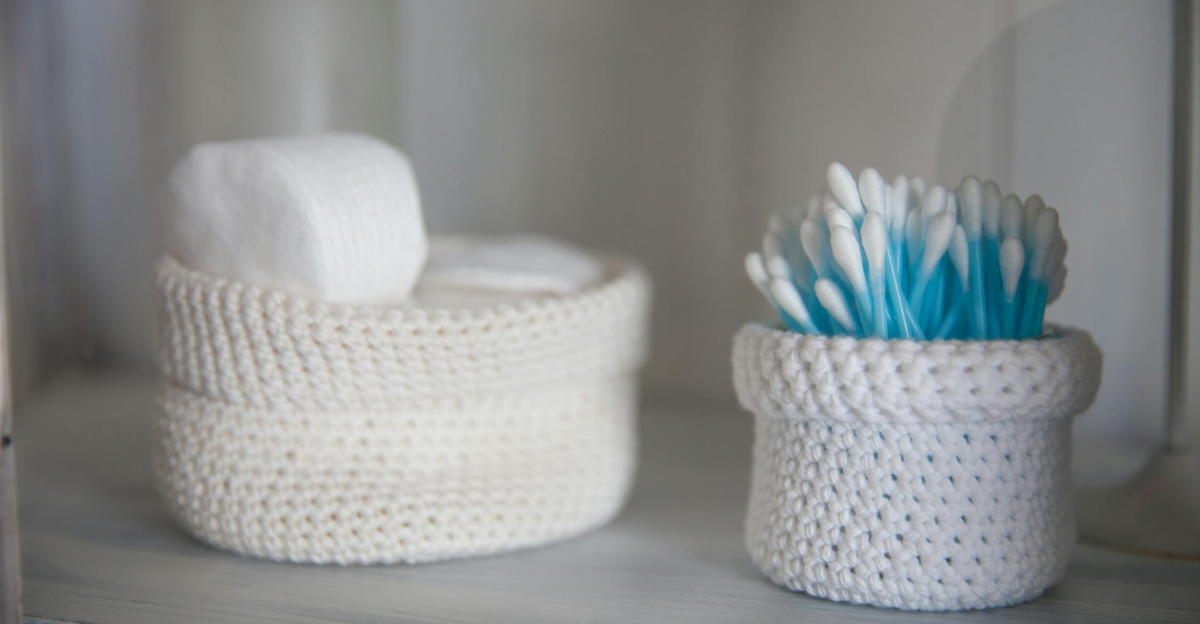
Feminine products, cotton swabs, and cotton rounds are some of those items you always seem to have a use for. They may not run out as quickly as other household items, but when they do, it can be frustrating. Big-box prices reduce the cost-per-item for these types of products, so grabbing a few extras to have on hand is a smart choice.
18. First Aid Supplies
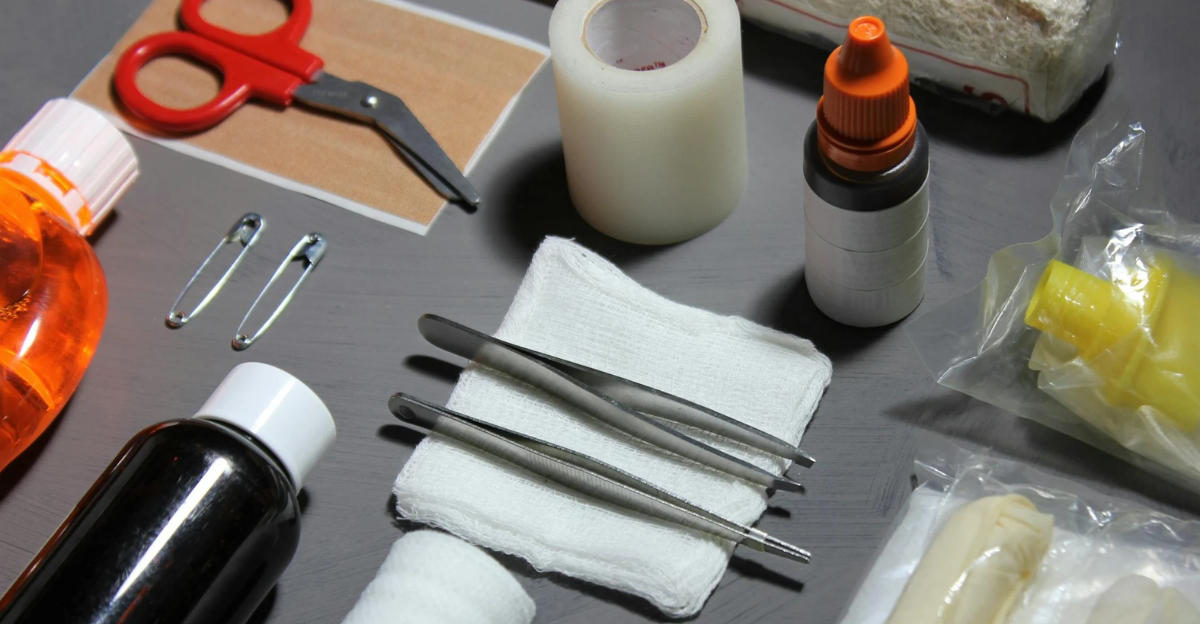
Purchasing assorted bandages, antiseptics, and wraps equips you with a good first aid kit for the occasional accident. Since you aren’t going through these as often as the rest, buying in bulk to hold you off for a longer time means you will always have some ready.
19. Office Supplies
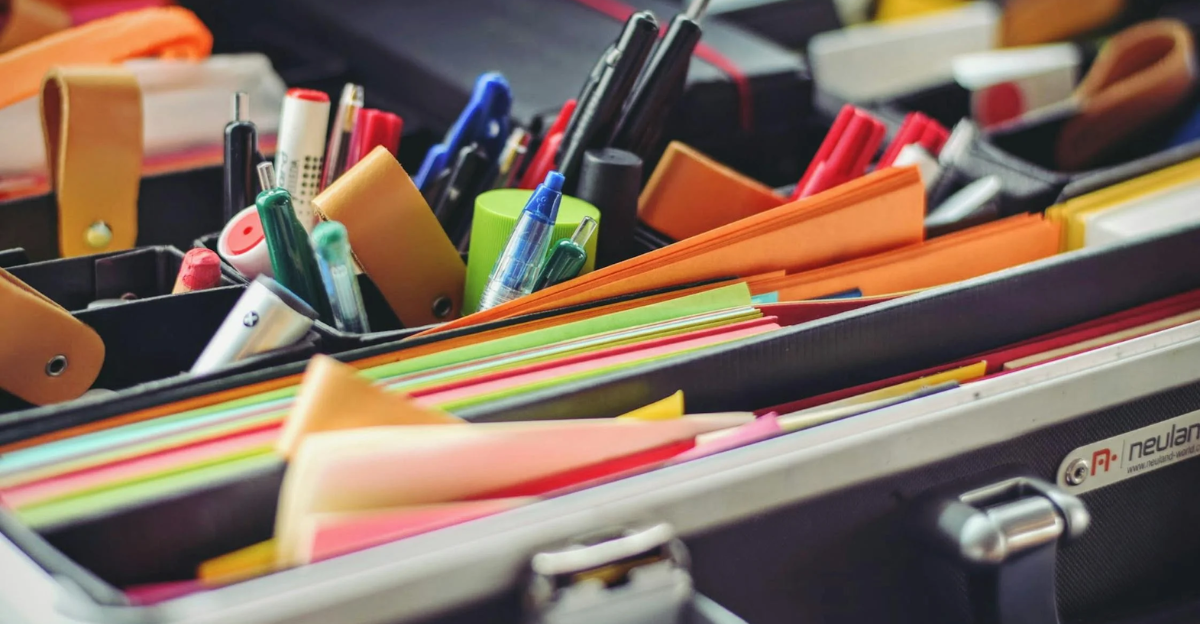
This is essential for students or employees who work from home. Paper runs out quickly and sometimes you only find out after grabbing the last piece. Staples and paper clips just tend to disappear and pencils and pens run out after frequent use. To ensure your workflow isn’t inhibited, buying these items in bulk will keep you going while saving a bit on repurchases.
Discover more DIY hacks and style inspo- Follow us to keep the glow-up coming to your feed!

Love content like this? Tap Follow at the top of the page to stay in the loop with the latest beauty trends, DIY tips, and style inspo. Don’t forget to share your thoughts in the comments — we love hearing from you!